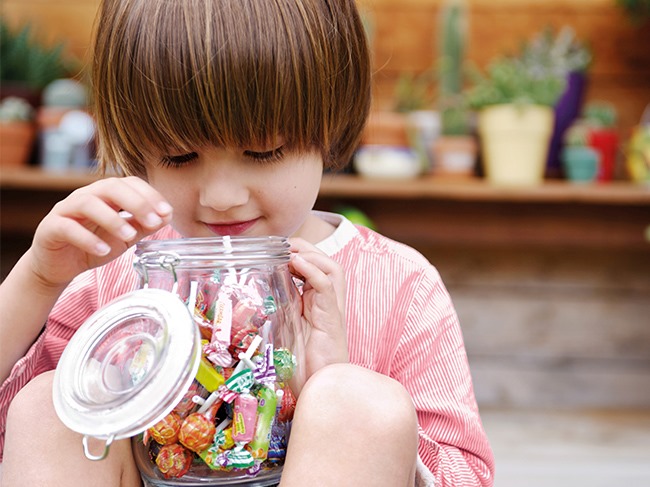Go paper-free
Amend paper-free preferences for your statements and communications.
Most kids like a little money to spend. And giving your child pocket money helps them learn about money. They’ll start thinking differently about how they spend it when it’s their own money.

It’s entirely up to you but it’s good to start when they’re little. Use a piggy bank or jar and pop in a few coins for them. Count the money together. This will help with their adding up skills.
Older children may prefer a regular payment into their bank account, if they have one.
But using cash when your children are young is important. It helps them learn the value of different coins.
Giving your children their own money helps them develop good money habits. They’ll learn coin values and supports their counting skills. If they manage their own money, they’ll also start thinking about budgeting and saving.
If children have their own money to spend, they’ll quickly learn the value of money. And you can support them in the life lesson of budgeting.
Help your child to work out whether they can afford what they want to buy. Set a savings goal if they don’t have enough money. It will help them learn about delayed gratification. Whether it’s saving some sweets for later, or saving money to buy something bigger or better. They’ll get a sense of achievement when they reach their goal.
Most of all, let your children make choices with their money. If they make a mistake, they’ll learn valuable lessons. This all helps build good money habits, which they’ll benefit from as adults.
Just give what you can afford. The amount you give is entirely up to you. Giving your child an age-appropriate amount, in coins, is a great way to help them learn about money.
£5.00 is the average weekly pocket money given in the UK, according to statista.co.uk – information correct as of June 2024.
Start small. A pound or two each week for little treats they can buy for themselves will help give your children confidence and independence. You can then work towards a larger allowance for teenagers.
Learning the value of money is an important life lesson.